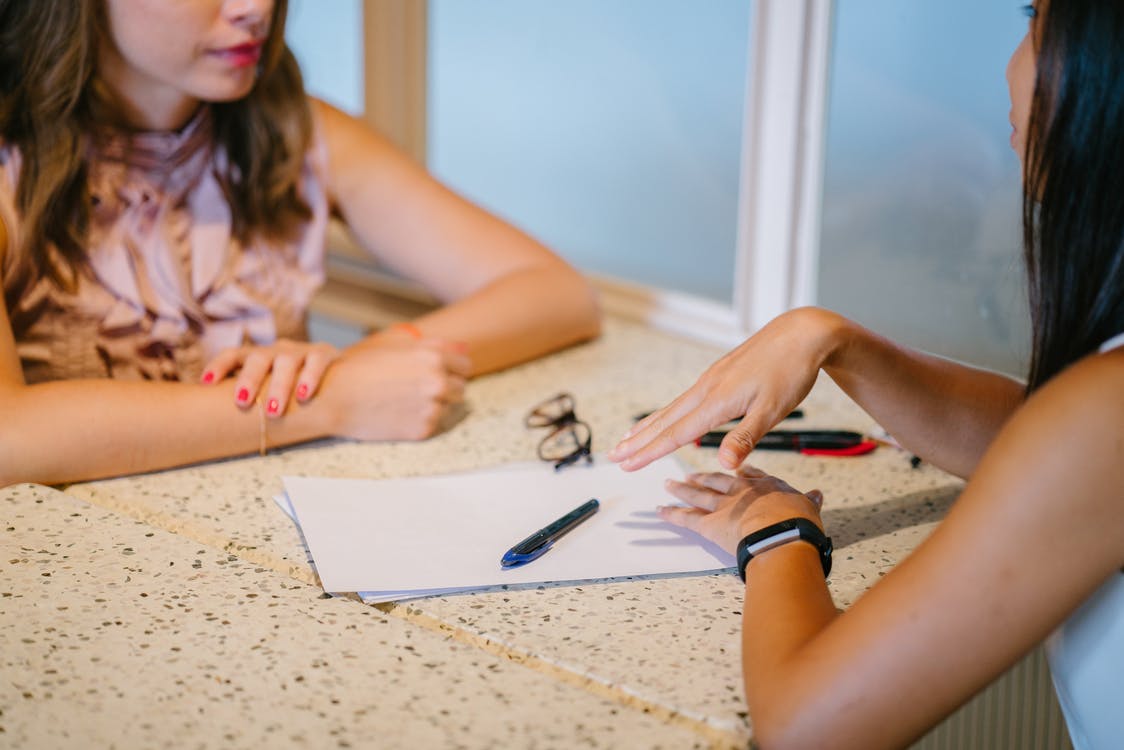Can you believe that a student spends 900 hours in a classroom, and for two decades of their academic life, they 15000 hours in school? It seems like we spend a significant amount of our time in learning. Recall your time as a student, was your academic life trouble-free? Were your peers were having learning difficulties? How did they cope up with those hurdles? You will answer that teachers and parents helped. Teachers are the reason a child wants or does not want to go to school. The manner of teachers can develop an interest in learning or can make a student hate the classroom.

The profession of teaching is noble but entails a lot of responsibilities for a teacher. A teacher has to teach not only the designed curriculum but also the emotional and mental well-being of a child. A teacher has many students to cater to, and they are usually overworked. In all this deadline and teaching chaos, sometimes students cannot share what is going on with them.
Just like we elders suffer from mental distress, a student suffers too. The only reason they cannot voice their opinions is because of the pressure they get to get good grades and be the best. The mental strain can slow down a kid’s performance, and in severe cases, they even withdraw from studies or indulge in self-harming activities. We all see some troubled students, either in our family or in our surroundings. Parents are often adamant about letting a third opinion slide in a while dealing with their kid’s future.
Do you want to help such children as a teacher, to overcome their learning difficulties and share what is bothering them emotionally? You shall opt for a psychology bachelor’s degree online while continuing your teaching at school, which can help you understand student’s problems and assist teachers and parents in positively dealing with them. Sadly, not many psychology majors choose to be educational psychologists, but they can help many students succeed.
Let us explore the reasons why educational psychologists are necessary for educational setups.
- Highly needed
For decades, schools have been running without any professional help of a psychologist. The lack of educational psychologists has severely affected students’ and teachers’ well-being, which is why there is a great need for educational psychologists to fill the void. Many fresh graduates with interest in education psychologists can get the job within the first year. School psychologists or educational psychologists can earn a good fortune as every school needs their help to assess students, help them decide what to choose, and heal them emotionally.
- Accepting challenges
Educational psychology is about identifying learning difficulties, suggesting solutions, therapies, and research new methods and techniques. On average, one school psychologist deals with 500-700 students. The ratio is too huge, and the number of students means a wide variety of problems and challenges. School or educational psychologists are trained individuals to get students to trust and listen to them. They assess the students and keep a teacher in the loop.
A teacher knows best about their students; they can tell the psychologist about the one needing urgent help. If the solution involves parents, they will schedule a meeting and get them to help their child.
- A long-lasting impact
Educational psychologists have a significant and positive impact on the well-being of children, youth, and families. They assess the mental distress, lifts the emotional burdens, and help them get along socially. Parents are often unaware of their child’s emotional health. It is essential for them to know about their parenting methods and to make necessary changes wherever possible. An educational psychologist can help the parents understand the academic challenges of their child and provide them with alternative ways to improve and guide their children.
- Potential skills
Educational psychologists deal with issues related to education. Traditionally, they work in public schools, can work in private schools, community centers, nurseries, private consultancies, and even at school-based mental health centers. Working at a variety of setups equips them with skills of dealing with children of every age. School or educational psychologists are not bound to one specific set up. Their expertise also involves consultation with every individual who somehow has its part in a child’s educational learning. From dealing with parents to dealing with a teacher, or a doctor, an educational psychologist can help many children and individuals related to their learning processes.
- Attention to detail
When we are dealing with children, we cannot be negligent. Kids need a lot of attention and constant guidance. Teachers do not have the skills to identify the psychological troubles of a child. Sometimes the naughtiest child of a classroom can have signs of ADHD, or a child obsessed with arranging things in a certain way can be autistic. A teacher might not know the detail, but their observations often lie at the surface. An educational psychologist can help observe minute detail that can give any sign about some troubles with the mind and let the parents and teacher know about it. They let them know, but they also guide them about how to deal with such situations.
Conclusion
A child is like a blank page, whatsoever we are going to write on it, is going to stay there. Students or youngsters in their learning stages are under a lot of stress from their parents and peers. The pressure is always about getting good grades, performing beyond their capacity, and often without acknowledgment or rewards. Teachers might understand their students, but they do not know how a student may deal with emotionally or mentally. An educational or school psychologist can help teachers, children, and parents understand the issues, how to cope with them, and how we can all grow and learn together. Learning shall not be a burden or something to be afraid of, but it shall be exciting and fun for a child.

Leave a Reply